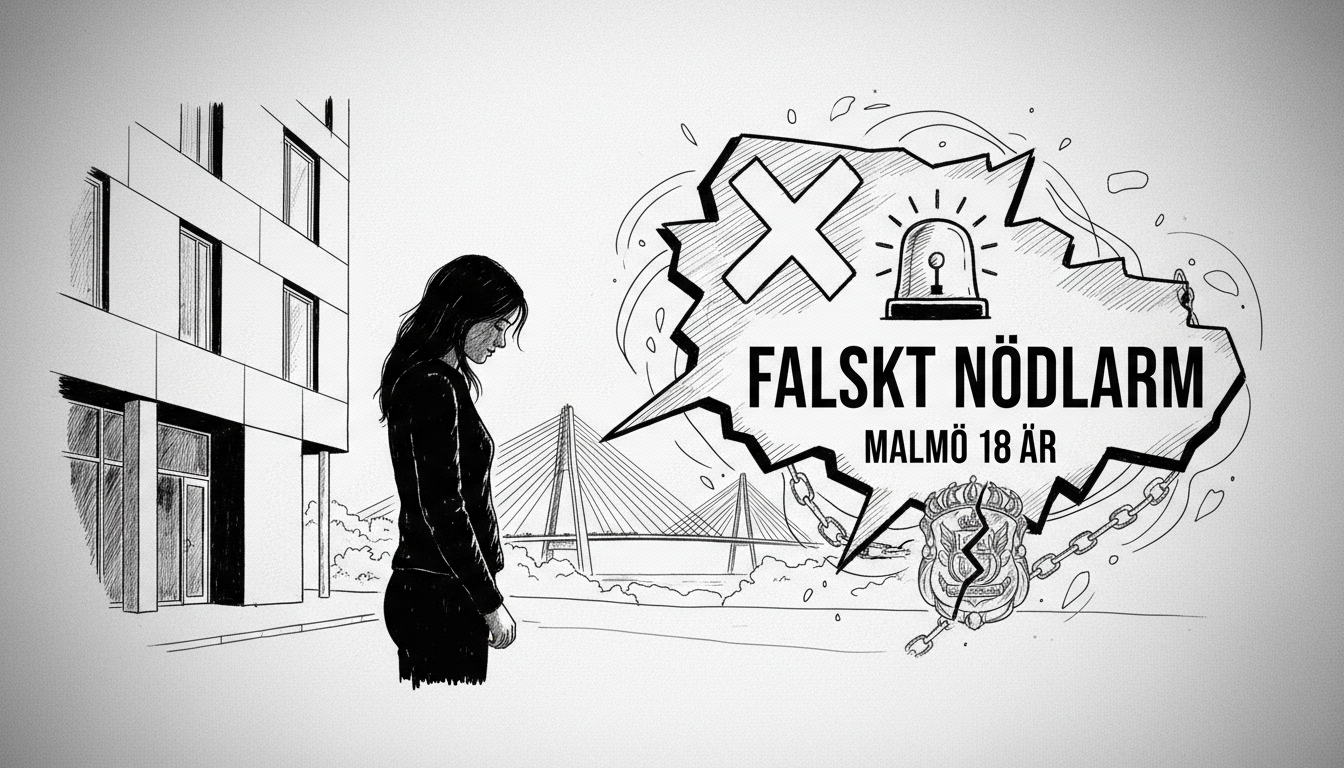A young woman faces serious legal consequences after authorities determined her emergency call was fabricated. The incident occurred in late October when the 18-year-old contacted Sweden's emergency number 112. She reported feeling followed while in a park in Malmö. Then the call abruptly ended.
Police responded immediately to the location. Upon their arrival, the woman claimed she had been sexually assaulted. Officers conducted a thorough search of the area. They found no evidence supporting her account. No suspect was identified or arrested during their investigation.
The Swedish Prosecution Authority now suspects the woman of gross false alarm. Officials stated they obtained information suggesting the emergency call contained false claims. The investigation remains in its early stages. Authorities cannot release additional details at this time.
False emergency reporting carries serious penalties in Sweden. The legal system treats such cases with particular severity. They divert critical resources from genuine emergencies. Every false alarm potentially delays response to real crises.
Malmö has faced challenges with public safety perceptions in recent years. This case highlights the complex relationship between community trust and law enforcement. When individuals misuse emergency systems, it creates additional burdens for police already managing high caseloads.
Swedish law distinguishes between simple false alarms and gross false alarms. The latter category involves more serious deception. It typically results in stronger penalties. Courts consider factors like the scale of police response and potential harm caused by the false report.
This incident raises questions about why individuals make false emergency reports. Some experts point to mental health issues or attention-seeking behavior. Others note the strain on young adults in urban environments. The case also touches on Sweden's ongoing efforts to improve sexual assault reporting and investigation procedures.
What consequences might the woman face if convicted? Swedish courts could impose fines or even prison time for gross false alarm charges. The specific penalty would depend on the investigation's findings and any previous criminal record.
How does this affect genuine victims? False reports potentially undermine public trust in real emergency claims. They also consume police resources that could assist actual crime victims. Law enforcement must balance thorough investigation with maintaining community confidence.
The case continues through Sweden's judicial process. Authorities emphasize their commitment to proper emergency response while addressing misuse of critical services.
